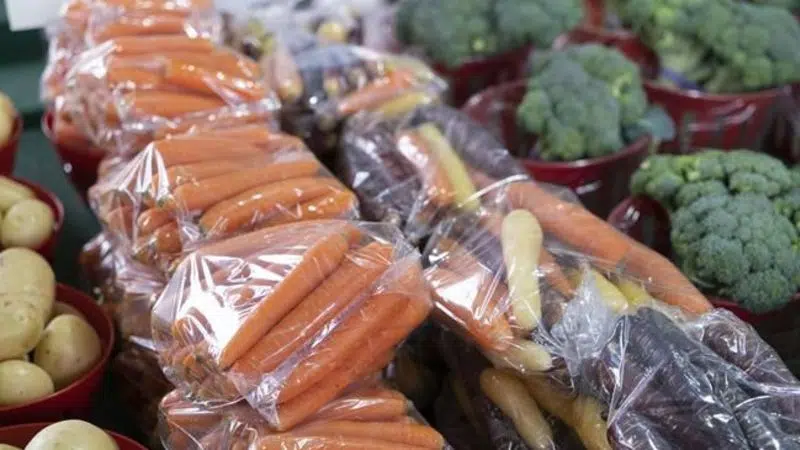
Montreal to ban stores from dumping unsold clothes, food as part of waste plan
Montreal is hoping to stop perfectly good food and unsold clothing from ending up in landfills as part of a plan to significantly cut waste by targeting the source.
The city’s point person on the environment announced the proposed measures Thursday as part of a five-year master plan for waste management between 2020 and 2025.
Coun. Laurence Lavigne Lalonde, the executive committee member in charge of ecological transition, cited an urgency to act due to climate change and the fact that the city’s main dump is slated to shutter by 2029.
“The plan that we’re proposing today will enable us to achieve the ambitious targets that we set in terms of reducing greenhouse gas emissions and managing residual material,” Lavigne Lalonde said.


